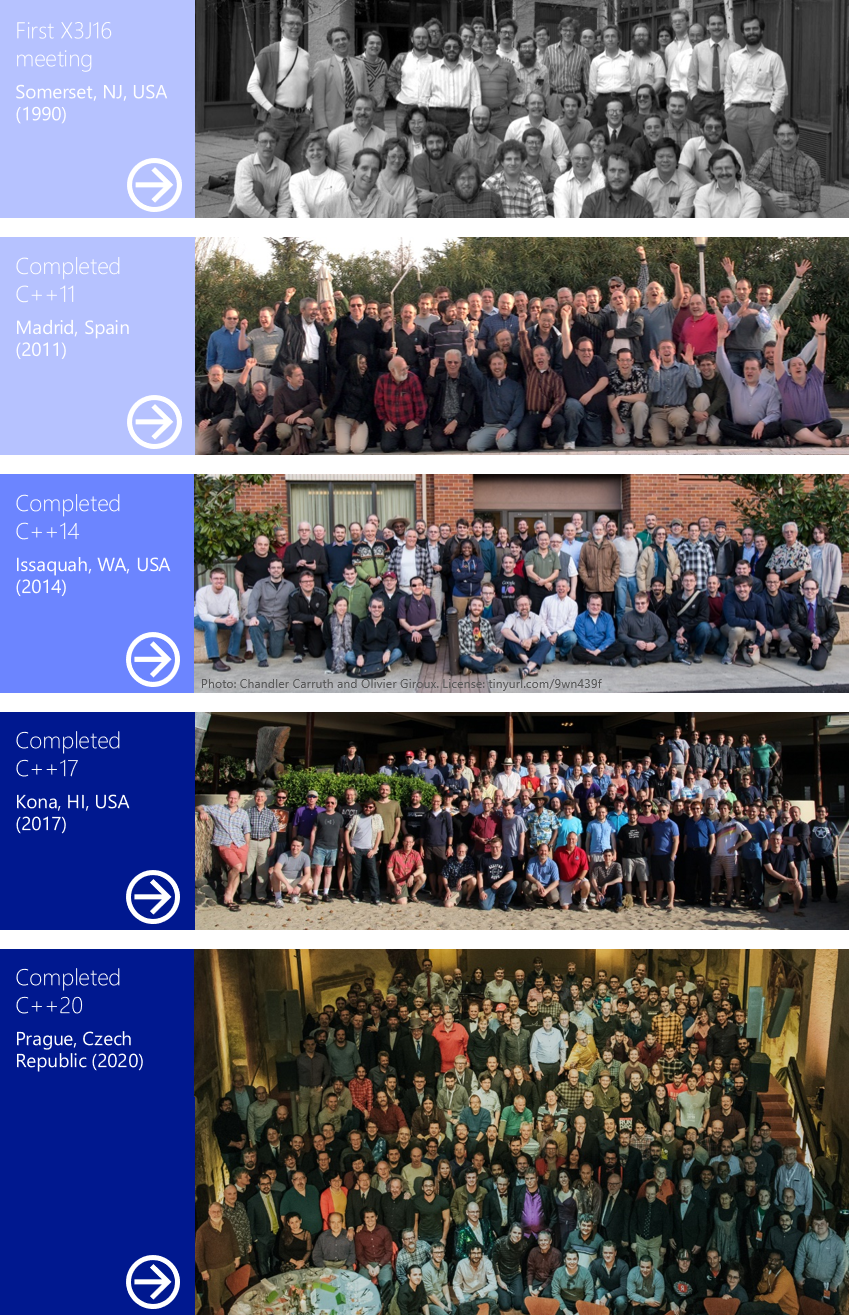C++20: Functional Patterns with the Ranges Library--Rainer Grimm
Learn more about the new features.
C++20: Functional Patterns with the Ranges Library
by Rainer Grimm
From the article:
My last post C++20: The Ranges Library, gave you the first impression of the ranges library. Today's post is about functional patterns: function composition and lazy evaluation. They become first-class citizens in C++20...


 Will you attend?
Will you attend?